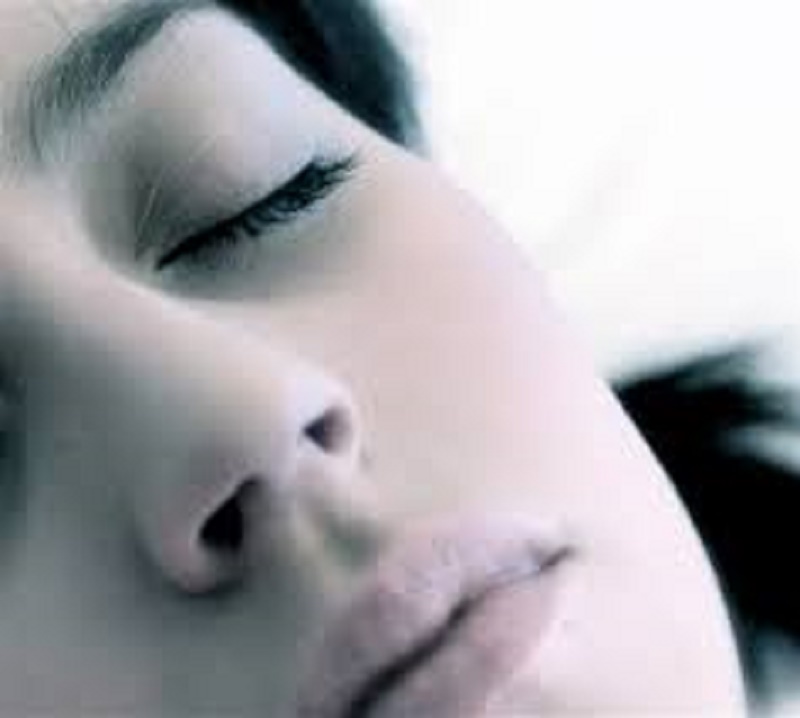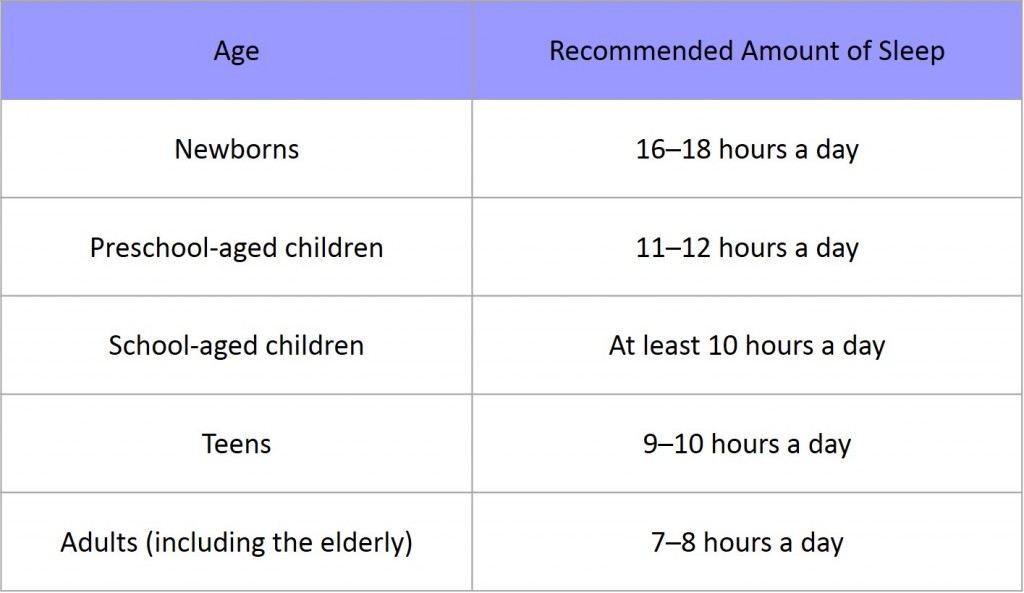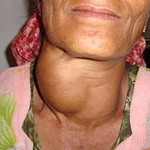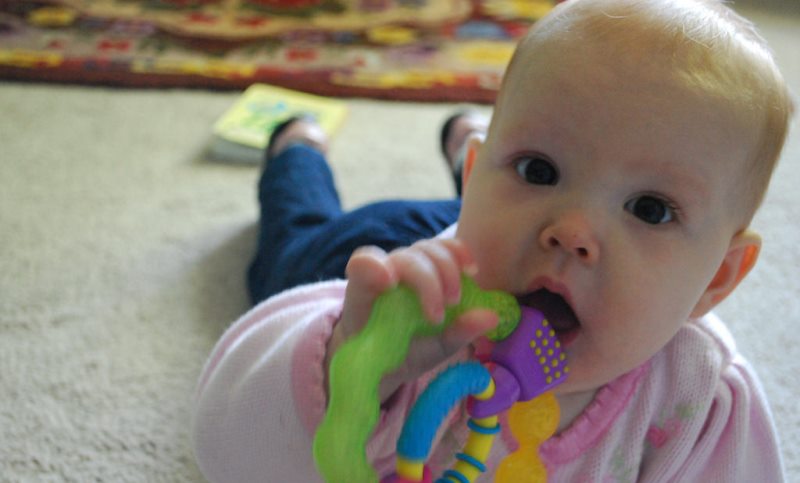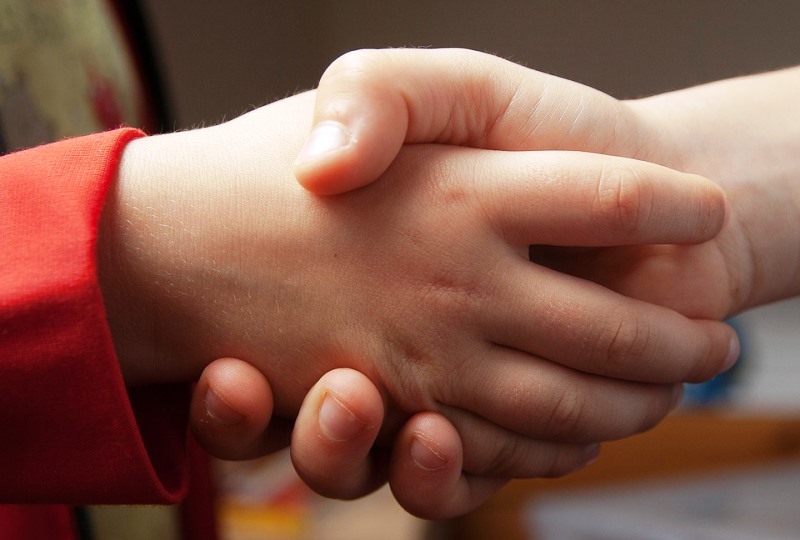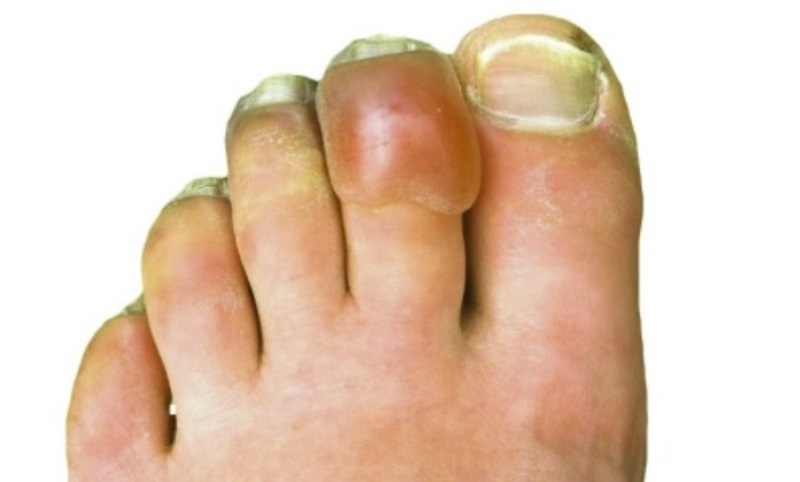Sleep is something we do every day but give very little thought to. When we think about attaining a healthy body or skin, we worry about our food and exercise habits and the cosmetics we apply, but place very little importance on the effects of sleep on our health and skin. With our busy lifestyles and addiction to smartphones, sleep is currently one of the lowest priorities. This is because most of us, fail to understand its profound impact on our health and skin and overlook the fact that lack of sleep will sabotage any other healthy behaviour or skin care routine we undertake.
Image source: Google, copyright-free under Creative Commons License
What is sleep and why sleep is important?
Sleep is a restorative process that is vital to our health and well-being. Even though we think of sleep as a dormant, passive part of our daily lives, our brains are actually very active during sleep. Our heart rate slows down, body temperature falls, sensory activities are inhibited and there are complex changes in brain activity during sleep. Sleep affects our daily functioning and plays an important role in our physical and mental health.
How does sleep do all that?
Our bodies go through lots of stress and strain during the day and sleep is a time of repair for the body. The immune, nervous, skeletal and muscular systems along with the heart and blood vessels are repaired while we sleep. Sleep also affects hormones like melatonin, cortisol, ghrelin, leptin etc. These hormones have several physiological functions like regulation of biological rhythm, induction of sleep, aging, regulation of appetite and feeling of fullness, stress etc.
How sleep affects your body?
1. Sleep keeps you energized and functioning normally
Since our bodies are repaired during sleep, getting enough sleep keeps you energized which enables you to perform your daily activities normally. Lack of sleep makes you feel tired, irritable, drowsy and unable to concentrate. It can also lead to impaired memory and physical performance as well as reduced creativity. Long term sleep deprivation can cause more serious problems such as hallucinations, mood swings, depression, paranoia and even suicidal thoughts.
2. Sleep boosts your immunity
During sleep, your immune system produces protective antibodies and cells which help fight disease causing bacteria and viruses. Lack of sleep prevents the immune system from building up its defense which makes us more prone to infections and diseases.
3. Sleep helps fight weight gain and obesity
We cannot overlook the importance of sleep in the fight against obesity. Lack of sleep increases the level of the hormones cortisol and ghrelin (hunger hormone) while reducing the level of leptin (hormone which gives us the feeling of fullness after eating). Higher levels of cortisol increases insulin resistance and the tendency of the body to store fat and higher levels of ghrelin and lower levels of leptin will increase our tendency to eat and cause weight gain.
Suggested read: What couples sleeping position reveals about their relationships
4. Sleep helps prevent many lifestyle diseases
Study after study has shown importance of sleep in maintaining good health and preventing lifestyle diseases. Insufficient sleep is associated with an increased risk of developing diabetes one of worst banes of our modern lifestyles. Lack of sleep is also associated with increased blood pressure, stroke, coronary heart disease, irregular heart beat etc.
5. Sleep may help prevent mood disorders
Chronic sleep deprivation may lead to long term mood disorders such as depression and anxiety. Studies in which participants were allowed to sleep for four to four and a half hours reported feeling sad, stressed, angry, mentally exhausted and showed declining levels of optimism and sociability. Clearly good sleeping habits, though may not help existing mood disorders, are critical to prevent to onset of such problems.
Image source: Google, copyright-free under Creative Commons License
6. Sleep reduces pain and lowers risk of accidents
If you suffer from chronic or acute pain, getting enough and good sleep may lessen the pain you are feeling. Many studies show that loss of sleep reduces a person’s pain threshold, as a result exacerbating the levels of discomfort . Getting enough sleep also keeps you safer as many accidents are linked to sleep deprivation. In fact, it is estimated that 1 out of 5 motor vehicle accidents in the US are linked to driving while sleepy.
OK, I understand the importance of sleep for good health. But what about my skin? Is it important for my skin too?
The answer is a BIG, resounding YES. Studies show that chronic sleep deprivation has a big impact on the quality of your skin and the appearance of aging.
So, how does sleep affect my skin?
Like all body tissues, skin repair and growth happens during sleep. Lack of sleep can cause:
1. Diminished skin barrier function
The stratum corneum is the outer most layer of the epidermis of your skin and it acts as a barrier to prevent the loss of water from the body and to keep out harmful elements like chemicals, pathogens and sunlight. As you may be aware, exposure to ultraviolet rays causes aging of the skin and the stratum corneum blocks out much of these harmful rays before they penetrate into the deeper layers of the skin. Lack of sleep diminishes the barrier function leading to appearance of aged, wrinkled skin.
2. Appearance of less healthy, tired and less attractive skin
Loss of sleep makes our skin appear less healthy and attractive. In an experimental study, people were shown a set of photographs of women after normal sleep and another set of photographs of women after 31 hours of sleep deprivation. The photographs of the sleep deprived group was rated as having hanging eyelids, swollen eyelids, redder eyes, darker circles, and more lines and wrinkles. The results highlighted that sleep deprivation affects features relating to the eyes, mouth, and skin and make us appear less healthy and attractive.
Image source: Shutterstock
3. Intensifies the development of psoriasis
Psoriasis is a chronic skin disorder which has many causes, including genetics, environmental factors and immune system disorders. Sleep deprivation plays an important role in the aggravation of this condition as it directly impacts the immune system in the epidermal barrier.
Suggested read: The wonders that honey can do for your skin
4. Imbalance in the melatonin secretion
Melatonin is a hormone secreted by the pineal gland. It has multiple roles including biological rhythm, daily sleep induction, aging and in the maintaining the defense of the immune system. Melatonin is secreted in low levels during the day, with levels rising in the evening and the highest amount being secreted between 2 and 4 am. Sleep deprivation causes changes and imbalances in the secretion of melatonin thereby negatively impacting the aging process in the body and in the skin.
So how much sleep do I need?
The National Heart, Lung and Blood Institute recommends the following duration of sleep as per age. However, it should be kept in mind that one size doesn’t fit all. Individual sleep needs vary.
Tips for a good night’s sleep
- Go to bed at the same time each night and rise at the same time every morning.
- Make sure your bedroom is dark and quiet
- Avoid caffeine, nicotine and alcohol. Caffeine acts as a stimulant that keeps people awake. Smokers tend to sleep lightly and often wake up early in the morning due to nicotine withdrawal. Alcohol prevents us from falling into deep sleep and keeps us in the lighter phases of sleep.
- Relaxing before bed can make it easier to fall asleep. Any restful activities like a warm bath, reading etc. can be made a part of your bedtime routine and will make it easier for you to fall asleep.
- Maintain a comfortable temperature in your bedroom.
- Exercise helps people sleep better. So make sure you incorporate physical activity into your daily life. Just make sure that you do not exercise too close to your bedtime as it may interfere with your sleep cycles. To get the most benefit, try to exercise 5-6 hours before you finally hit the bed.
Image source: Google, copyright-free under Creative Commons License
With hectic lives, most people compromise on the duration of their sleep, to get in as much activity into the day as possible. But when you consider the importance of sleep on your health, it would be foolish to treat it frivolously. Getting a good night’s sleep is not only good for your overall health but will also make you look younger and refreshed. Make it a habit to sleep for 7-8 hours every night to avoid risks of many diseases and to keep you skin glowing and radiant.



